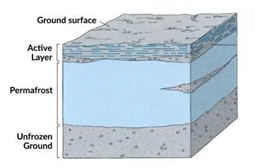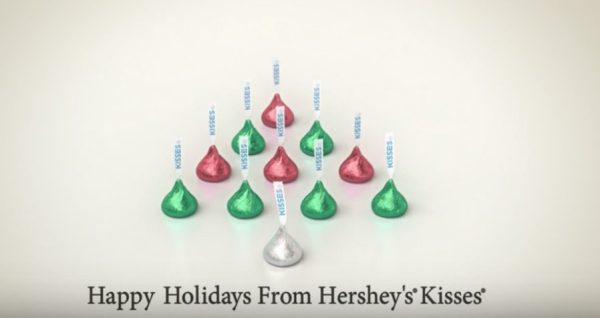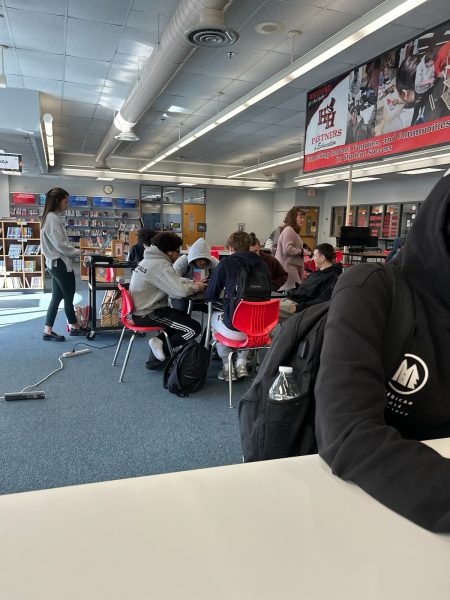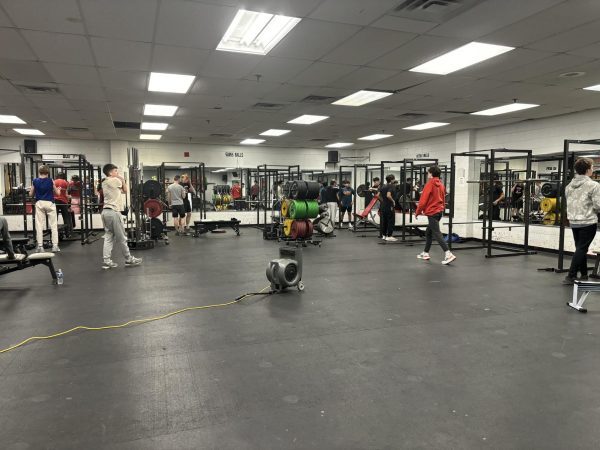Evaluating the Willow Project

Who doesn’t love politics? Just recently, on March 13, 2023, President Joe Biden signed a very controversial oil drilling bill in the northern part of Alaska.
This bill is called the Willow Project, and the goal of it is to not only lower rising gas prices, but to start producing more oil domestically instead of purchasing it from other countries. The main concern is the amount of carbon this project is expected to produce.
This is a 30 year plan with an estimated amount of 263 million tons of greenhouse gases, according to a March Willow Project article by CBS. To put this into perspective, this would be the amount of emissions produced by 1.7 million passenger cars over the same period, or the annual release of 76 coal fired power plants.
Despite this, there are still many people who are interested in the issue in favor of the deal. The point of this article is not to tell you what to think or sway your opinion to one side or the other, but to give you an idea on what others think and feel. This way, you can come up with your own conclusions.
The first interview was sophomore grade environmental science teacher Ms. Corina Fiore. Not only did she provide me with an interview, but an email with a well-written official opinion.
I asked everyone the same questions: “What is your opinion on the matter?,” “Will this decision affect everyday life?” and “Would you do anything different in Biden’s position?”
In response to the first question, she said, “Scientifically, this Willow Project is not the right move. Drilling new sources is not the direction that we need to take right now in order to prevent climate change, new habitat destruction and damage to permafrost in the Arctic, which is crucial to maintain to avoid positive feedback loops.”

She also said that, “I am not ignorant nor apathetic to the fact that drilling would amount to short term benefits for many people. It will be helpful to the Alaskan economy and offer many job prospects for people…While drilling will address people and profits in the short term, the Willow project is not sustainable in the longer term for any of those factors.”
When it comes to everyday life and the effect this might have on it, she said, “If it gets passed, oil prices for everything will be impacted. Gas, heating, transportation, everything. I still think this isn’t the best move though.”
She also told me, “If I were in his (Biden’s) position with all the pressures, I am not sure how I would proceed. I’d like to think that I would be steadfast in science. Therefore, I would see if his goals can also be achieved with the oil fields and wells we already maintain.”
Another teacher I interviewed was Mrs. Maria Simon, who teaches Honors/AP Environmental science as well.
Both teachers understandably had similar opinions. Ms. Simon, when asked what her opinion was, said, “I would love to see us (short term and long term) make heavy strides in investing in non-fossil fuel based energy, but I do see the supply and demand issue as well. Hopefully that won’t dissuade us from looking into more climate friendly options.”
She did have a different opinion when it came to the effect on everyday life. She mentions that when a bill is highly controversial, it tends to be challenged by courts, and the bill might be stuck down in said courts.
Because of this, she said, “I would be surprised if the drilling starts immediately, considering the courts’ pattern, but it would affect prices.”
When asked what she would do in Biden’s position, she said, “It’s a tough one, but whenever climate change is brought up in bills, it tends to be the economic side of things that get in the way of it. Economically it’s a tough spot to be in right now, but I’d hope to think I’d make some better long term environmental decisions.”
When it comes to young people though, specifically people from Gen-Z, most are upset with Joe Biden’s decision on this issue.
According to a March 16th article on the Young People’s Message to Joe Biden by the Insider, activist groups like Gen-Z for change say they are “gravely angered” by the Willow Project decision.
Even the first Gen-Z senator, Maxwell Frost, said he was “very disappointed” in his decision. “Youth voter turnout was at its highest in 2020 & and young folks supported him because of commitments like ‘no more drilling on federal land.’ That commitment has been broken.”
I also interviewed Gerardo Salvatore, my dad, who is in favor of the bill. My dad was a good candidate to interview because his job consists of money management, and also it’s important to see the other side of the story.
If the negatives of this project are so large and it was passed, it would make sense that there are positives to this bill too. When asked about his opinion on the matter, he said “Gas prices are high because the supply of it is shrinking, and we need to fix this. The options are to drill here, or get oil from another country.”
“The problem is if we do business with another country that produces oil, they are still burning the carbon. Often than not a lot more sloppy than we are when it takes care of the climate. We are making big strides as a country already to going more green, but we are nowhere near the amount it would take to replace oil. Possibly not ready enough even after this thirty year plan. Our infrastructure and energy grids aren’t ready to make that switch to green yet.”
When asked if he thinks it will affect everyday life, he said, “I think it will help keep oil prices affordable. It won’t be a magical thing, but it will certainly play a role in keeping oil affordable. I think it will help.”
When I asked him what he would do in Biden’s position, I mentioned to him what Ms. Fiore said about the permafrost thawing and he mentioned that,
“ConocoPhillips, the company drilling for oil there, is aware of the melting and climate threat in general. They’re using artificial ground freezers called ‘thermosyphons’, so they can continue to use the permafrost to drill. Take this into account though, if ConocoPhillips melted the permafrost, everyone would know it was them who did it and they’d be halted or shut down entirely. Also, if it melted, they couldn’t drill anymore, causing them huge losses in profit.”
I personally don’t know what this project is going to turn into. Both sides I think make very good points, especially with artificial coolers. You may be able to freeze the permafrost, but would that do anything harmful? It’s best not to drill at all, but isn’t this deal our best option?
For the most part though, I tend to agree with my dad on this. Something that wasn’t mentioned on both sides was what the people of Alaska think of this bill; residents and native indigenous peoples.
Many who live in Alaska are in favor of this, especially unions and indigenous groups. These include AFN (Alaska Federation of Natives), The Native Village of Barrow, Voice of the Arctic, The borough of North Slope and the Laborers International Union.
This project will produce around 2,500 hundred good paying jobs with 75% being unionized according to Senator Dan Sullivan. That is why the unions are behind the project, but the amount of money this project brings in will help natives get affordable running water, flush toilets, and health clinics.
All these interviews hopefully give you an idea on why this is so important; this might possibly be the kickstarter for major climate change, or it could get the USA out of some of the highest gas prices we’ve ever seen. Only time can tell what this decision could bring forth.

Favorite school subject: AP Gov
Hobby: Guitar, gym
What you enjoy/look forward to with The Hat Chat: I look forward to editing articles and helping...





